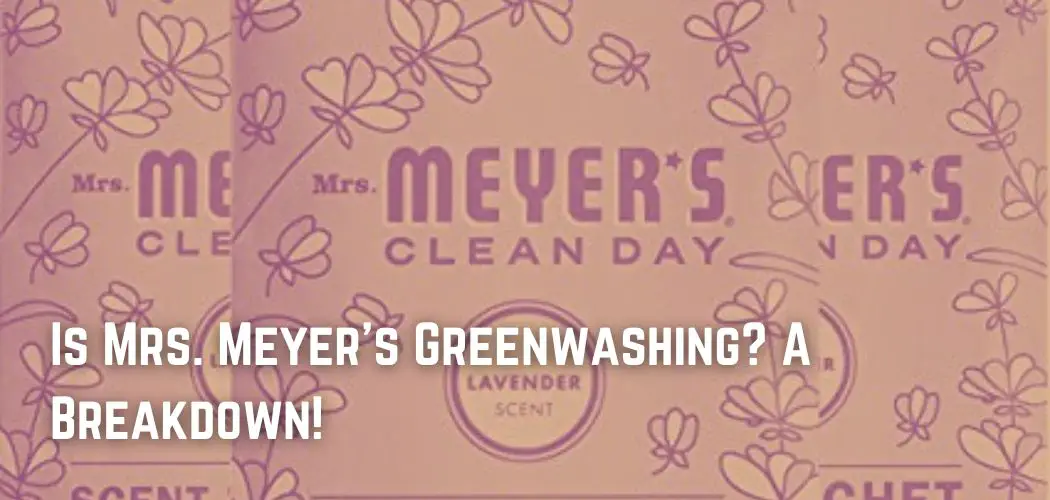Mrs. Meyers is a line of cleaning products, including home cleansers, hand soap, dish soap, air fresheners, laundry detergent, and body washing products, according to the brand’s official website.
The company boasts in the “About Us” section of its website that it uses “plant-derived compounds” and “essential oils” to “get the job done fully” and “bring the beauty of the garden indoors.”
According to the website, Mrs. Meyers’ products are free of phosphates, ammonia, formaldehyde, parabens, and a variety of other toxic and dangerous ingredients.
In addition, they contain only sustainable palm oil and never do animal experimentation.
On the website, you can also get a comprehensive list of all the ingredients found in the brand’s cleaning products.
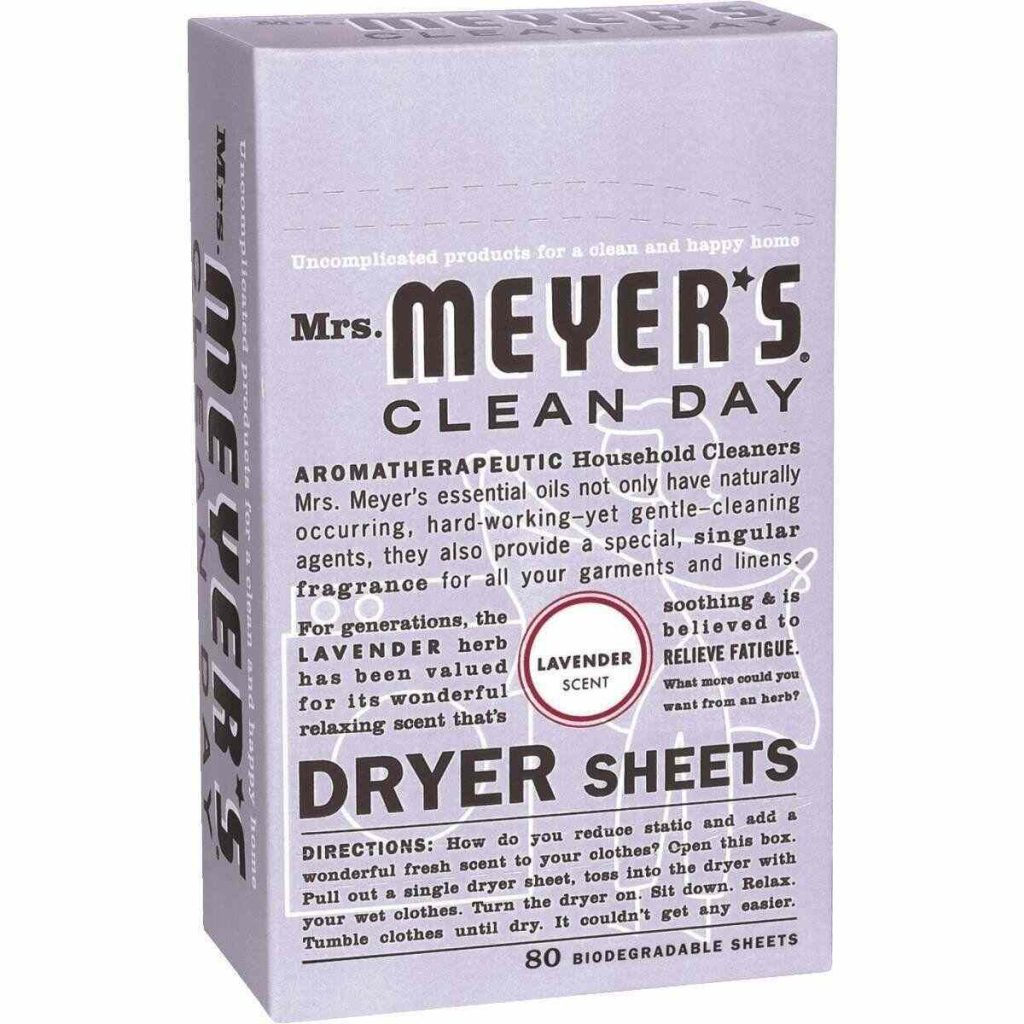
The majority of consumers have come to perceive this brand as non-toxic, safe, and organic alternative to the numerous harmful items available on the market today, especially because the products are sold in natural grocery stores and the organic areas of conventional supermarkets.
According to a famous web, they have been accused of greenwashing, a marketing strategy aimed to represent a business or product as ecologically beneficial and safe to use.
In actuality, anyone who understands how to decipher the ingredient list on each Mrs. Meyers product would find that the brand is not as natural and non-toxic as they would have us believe.
In actuality, the majority of Mrs. Meyers’s product myths have been debunked.
Their Products Are Clean Or Dirty?
I’ve started using applications such as the EWG and Think Dirty as quick methods to examine the components of brands and goods.
EWG is superior to Think Dirty, but their database does not contain as many goods, thus you must check each ingredient individually, which might be time-consuming.
Think Filthy is an app that tells you whether the components in your health and beauty products are “clean” or “dirty.” It is a terrific approach to easily raise awareness about how many “dirty” components are included in purportedly natural and clean products.
They were acquired a few years ago, so be wary of “natural fragrance”; they give it a rating of 3, but you have no way of knowing what is actually in the scent unless the firm gives this information.
The revelation of the possibly hazardous substances was quite disappointing. If you’ve ever washed your hands with one of Mrs. Meyers’ soaps, you probably recall the first time… Perhaps you’re thinking, “Wow, this smells incredible!” or “I can’t believe I’ve ever used anything else!”
Their products have a strong, pleasant aroma, but their ingredients may not be worth it.
Presence Of Methylisothiazolinone
The other issue with Mrs. Meyers is their usage of methylisothiazolinone as a preservative.
It is a tongue-twister that is frequently abbreviated as MI. Methylisothiazolinone is a skin sensitizer, which means that it can cause a wide range of extremely unpleasant skin reactions, from eczema and mild dry skin to welts, peeling skin, and blisters.
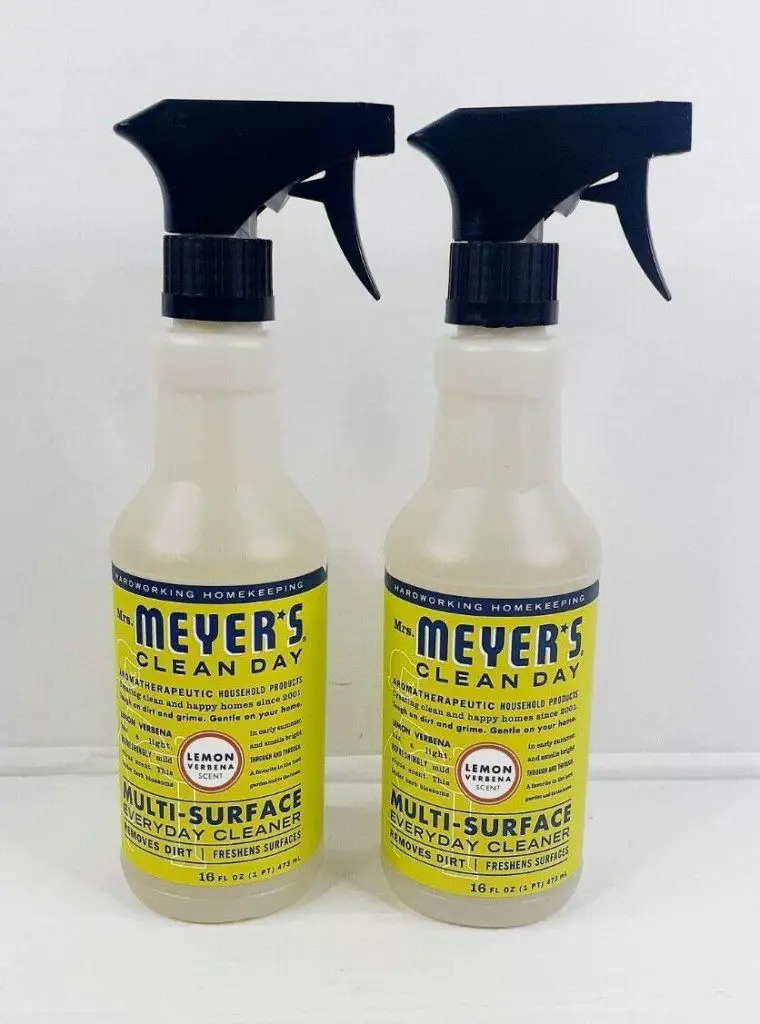
Methylisothiazolinone is believed to be neurotoxic, meaning it may be damaging to nerve cells.
In addition, MI is extremely dangerous to aquatic life. Considering that the vast majority of Mrs. Meyer’s items are washed down the drain and end up in our water, this is really disturbing.
Consequently, methylisothiazolinone is not only dangerous to you and your family, but also to the environment.
Fragrance Loophole
Regarding fragrance, this is a significant issue not only with greenwashed brand Mrs. Meyers but also with many other brands.
The fragrance is regarded as a labeling loophole because corporations are not required to disclose the ingredients in the fragrant section of their products. Now, their products are in the front because they recognize that consumers desire ingredient disclosure.
It seems like a terrific idea that they’ve begun listing all of the components in the fragrant portion of their products.
However, if you attempt to study any of these fragrance compounds online, you won’t discover any information regarding their safety.
In the meantime, studies have discovered that the vast majority of scent components are carcinogenic and associated with various health risks.
Is It Greenwashing?
What exactly is greenwashing? Greenwashing occurs when firms make false or deceptive claims about the environmental or health benefits of their products.
This occurs frequently when brands employ phrases like “natural” or “eco-friendly” when their products are neither.
Mrs. Meyers is not the only company that employs greenwashing to deceive consumers into believing their products are safer than they actually are. There are numerous more items and brands that falsely claim to be natural or environmentally friendly.
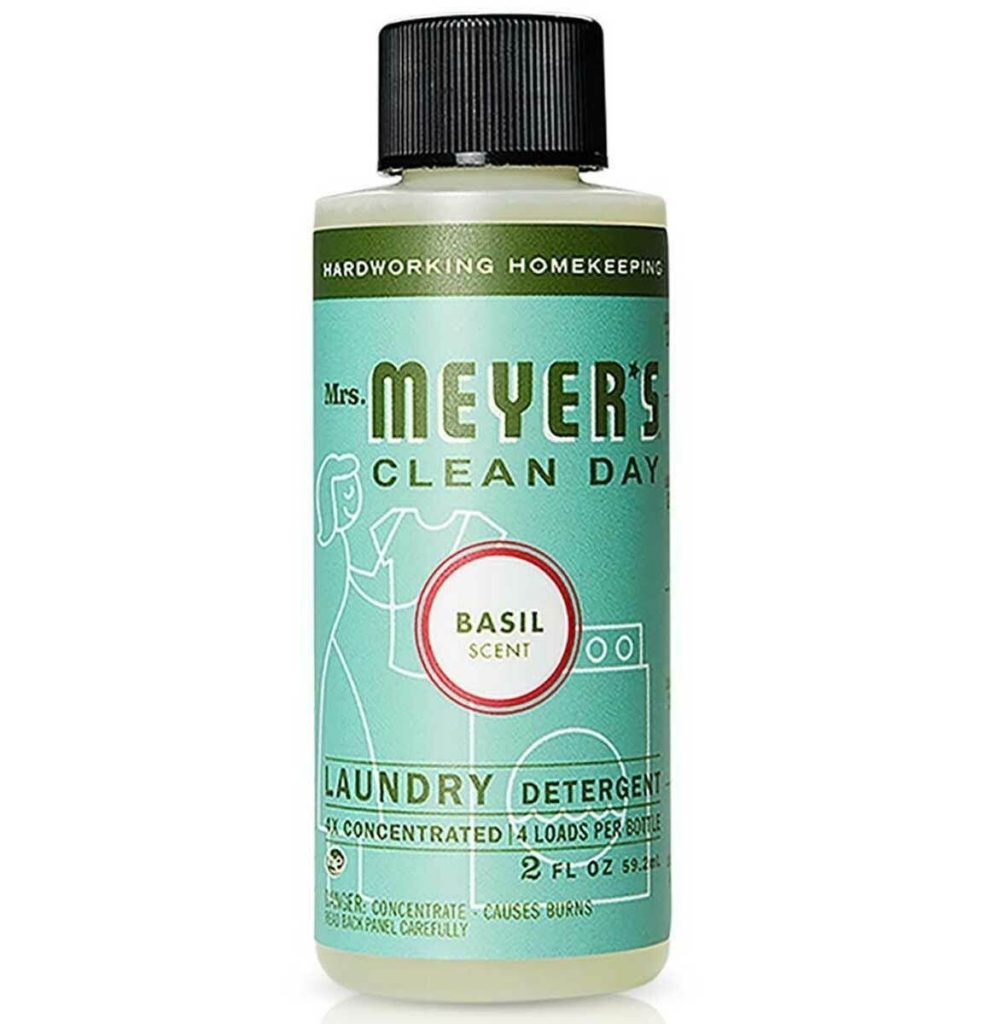
It’s just the brand that is commonly used for the majority of people cleaning supplies. It was also gaining popularity in my town, and many viewed it as a nice natural alternative.
Simple Green, Method, and the new line from Target, Everspring, are further companies to watch. If you are shopping in a health food store, this does not guarantee that all of their products are safe; read the labels and avoid “fragrance” if possible.
Other manufacturers are also introducing problematic substances to their products, which is unfortunate.
Use Of Essential Oils
You will also notice that Mrs. Meyer’s products contain an abundance of essential oils. This is standard practice for both conventional and non-toxic brands.
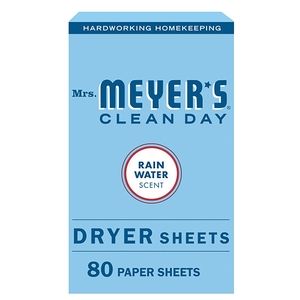
However, it is essential to realize that plant-based components can cause allergies in some individuals.
Conclusion
The cleaning products of Mrs. Meyer are soaps, not disinfectants. This indicates that they do not kill germs, but rather reduce their quantity by cleaning them away (along with other bacteria, dirt, etc.).
Keep in mind, however, that destroying germs is not always necessary. While there are times and places for disinfection, the CDC reports that washing away germs is equally as effective in avoiding the transmission of disease (at least when it comes to hand washing).
